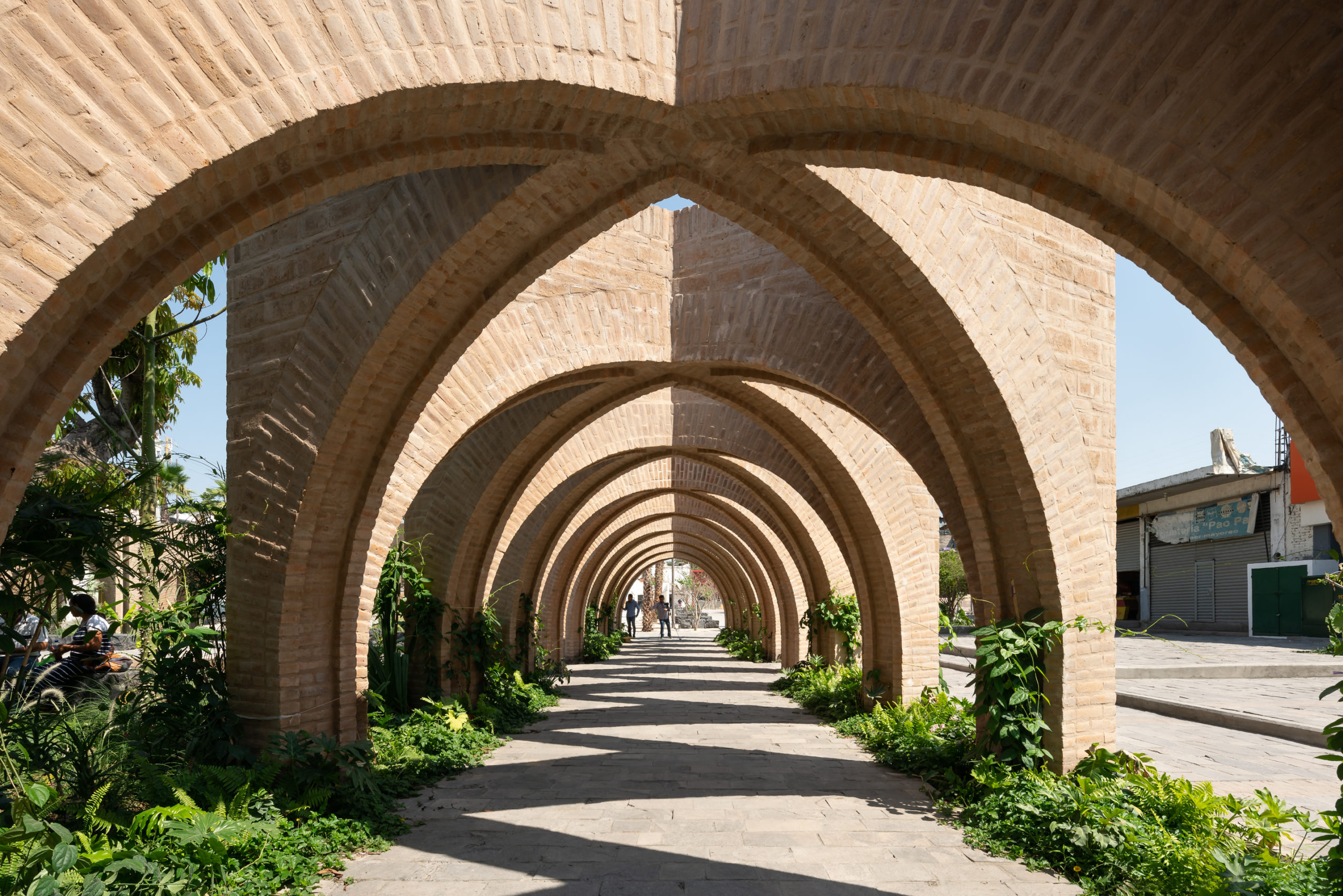Key Dates To Remember:
Rising Black Designers Scholarship: March 1, 2023
2030 Fund: April 03, 2023
Hip Hop Architecture Scholarship: April 14, 2023
For America’s aspiring architects, the path to licensure is a long and arduous process, certainly not for the faint of heart. With an average of thirteen years to complete all requirements — education, experience, examination — it sparks the question: Are America’s future architects well supported through this process? What external factors are preventing some students from succeeding while others thrive? And what can be changed to make this licensing process more accessible to all aspiring architects?
The National Council of Architectural Registration Boards (NCARB) released its 2022 edition of NCARB by the Numbers, a comprehensive data analysis that seeks to understand the trends that lead to licensure. This year, NCARB dove thoroughly into demographics, looking at trends surrounding licensure, race and ethnicity. The study found that BIPOC individuals accounted for just 17% of licensed architects nationwide, while less than 1% identified as Black or African American. Likewise, only 6% of candidates taking the Architect Registration Examination (ARE) identify as Black or African American, and 14% of Architectural Experience Program (AXP) supervisors identify as persons of color. To be clear, these numbers do not correspond to the demographic makeup of the larger population, where 13.6% identify as Black. The conclusion: diversity disparities are still widely prevalent in the licensure process and, as a result, in America’s architectural community.
The Architects Foundation has delineated three major hurdles facing BIPOC aspiring architects. The first is a lack of awareness surrounding the architectural profession at the K-12 level. Secondly, the current demographics of the industry lead to feelings of not belonging. And the third hurdle, which is said to significantly affect Black women, results from income gaps, tuition debt and little firm support.

Mike A. Myers Sky Bridge Parkland Health and Hospital System by Moody Nolan, Dallas, Texas | Moody Nolan is the largest Black-owned and operated design firm in the United States.
Taking all these factors into account, it is critical to implement strategies to support underrepresented groups pursuing licensure in architecture. After all, the innovative built environment we all desire starts with a diverse workforce, one that breathes diverse ideas. Breaking these cyclical patterns of discrimination is something NCARB and other organizations are working towards, and one of the biggest obstacles in place is tackling the rising cost of postsecondary education.
NCARB is working to introduce new education options to address the overwhelming cost of attending NAAB-accredited institutions. However, as it stands today, earning a degree from a NAAB-accredited institution remains the most straightforward and successful path towards licensure. Listed below are three scholarship funds to support Black students on their journey toward architectural licensure in America.
Rising Black Designers Scholarships
Global architecture giant Gensler has launched a scholarship program aimed at supporting five Black architects currently studying at a NAAB-accredited not-for-profit educational institution in the U.S. The Rising Black Designers scholarship was created to break down the barriers for Black folks entering the architectural profession. Future innovation begins with diversifying the voices in architecture, and this is Gensler’s mission. The application deadline is March 1, 2023.
2030 Fund
The AIA New York has recently announced its 2030 Fund, a student debt relief and licensure support program for aspiring BIPOC architects. This fund was created in collaboration with the New York Chapter of the National Organization of Minority Architects (nycoba|NOMA).
This program aims to support NOMA’s goal of doubling the number of licensed Black architects by 2030. On top of the financial award, recipients will receive free enrolment to the AIANY’s ARE prep courses and will be mentored with an AIANY board member. This scholarship fund is truly designed with support in mind and helps Black designers through all steps of their journey to licensure. The application deadline is April 3rd, 2023.
Hip Hop Architecture Scholarship
For the aspiring architects about to commence undergraduate studies. Michael Ford’s Hip Hop Scholarship is awarded to a minority high school student accepted into a four year college or university architecture program. Students will be supported with a yearly stipend for four years, totalling 10,000 dollars. Students will also have the chance to reapply for the scholarship when commencing postgraduate studies in architecture. The application deadline is April 14, 2023.
Architecture Scholarship for Black Women
The American tile manufacturer Fireclay Tile has launched their 2023 Architecture Scholarship for Black Women. In partnership with the Architects Foundation, this year marks the company’s third annual scholarship supporting Black women in architecture. Black women make up only 0.4 % of licensed architects in America, and this scholarship aims to remedy this scarily low statistic by supporting the education of three aspiring female architects. Applications for the 2023/2024 year are closed but open for the following year in the fall of 2023. Click here to stay up to date.
To share any current or future Architecture Scholarships with Architizer, please reach out to editorial@architizer.com.

 Gensler
Gensler  University Center, The New School
University Center, The New School 


